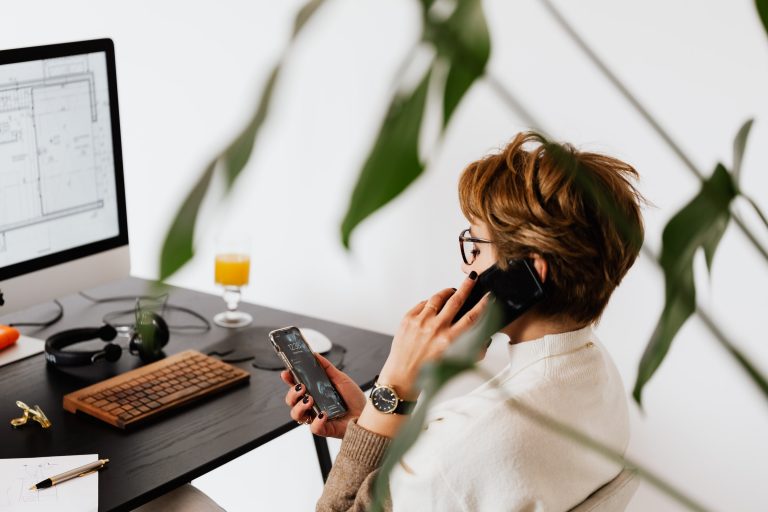
A study of 2,000 adults found 64 per cent find it hard to keep on top of the tasks involved in their different roles – with balancing parental and employee duties at the same time a battle for many of late.
And 42 per cent have found it more difficult to differentiate between the various aspects of their lives since the lockdown came into force, with 60 per cent saying the demands of these responsibilities have changed.
Worryingly, more than six in 10 of those polled by OPPO Mobile UK, struggle to concentrate when they have so much to do, with 56 per cent fearing burnout.
But experts have revealed that this pressure to succeed in the roles they hold has led to a new phenomenon of polytasking as Brits look to improve their organisational skills.
While the well-known act of multitasking is completing more than one simple task at the same time, polytasking sees people tick off many tasks at once, across the different and competing areas of their lives.
Psychologist and broadcaster Honey Langcaster-James, who is working with OPPO Mobile UK, said: “Polytasking is becoming the new normal for many of us as we desperately try to meet the many demands we face in our everyday lives.
“In today’s world, we tend to play so many different roles, both at home and at work, and that means we have lots of responsibilities.
“So, as a human behavioural strategy, polytasking makes complete sense.
“If we can get many things done in a short amount of time, then we can rise up to meet the challenge of modern life.
“The lines between home, family, work and health have all become so blurred.
“If we can find ways to manage the many different competing demands of life better, we can be more efficient.
“Then we can ensure we have some time left-over for those aspects of life that really mean the most.”
The study also found more than half of those polled want to improve the balance in their lives, given the changes forced upon them over the last few months.
This comes after 27 per cent said they felt their family relied on their support more recently, with 28 per cent occasionally feeling overwhelmed by the responsibilities they hold with others.
But six in 10 admitted the pressure to juggle everything at once comes from feeling the need to please other people.
And three quarters feel obliged to respond quickly when they’ve been sent an email, text or WhatsApp message by a friend or colleague, even if they are in the middle of something else.
It also emerged that writing a list, using a calendar or meal planning were some of the main ways people manage their life demands – as well as getting up earlier to maximise time.
However, 54 per cent are trying to take back some control by tracking things on their smartphone or smartwatch – with steps per day, exercise and sleep the most common areas to keep an eye on.
One in six of those polled, via OnePoll, even track their heart rate while another one in 10 keep tabs on their stress levels.
Anna Morgan, from OPPO Mobile UK, which has unveiled a series of revolutionary smartwatches, said: “These results indicate so many across the country are not only juggling tasks from different areas of their lives throughout the day – they’re usually doing them at the same time.
“For example, while parents can concentrate on being mum or dad at home, but focus on being an employee in the office, the last few months has seen the line between the two roles disappear.
“Instead, parents have been trying to work as usual, at the same time as looking after children and home-schooling them – having to be far more than just a simple multi-tasker.
“As polytasking becomes increasingly common and a phrase many will become increasingly familiar with – people will see how it impacts on their lifestyles.
“The latest OPPO watch series takes personalisation to a new level, from fitness, health and sleep tracking to five-minute workouts with voice coaching.
“These features offer users a way of helping to reduce stress, increase efficiency and help keep a keen eye on how we can juggle so much in life in a constructive way.”
[youtube https://www.youtube.com/watch?v=R2nFqnKF8cw?feature=oembed&w=1200&h=675]
ENDS





















